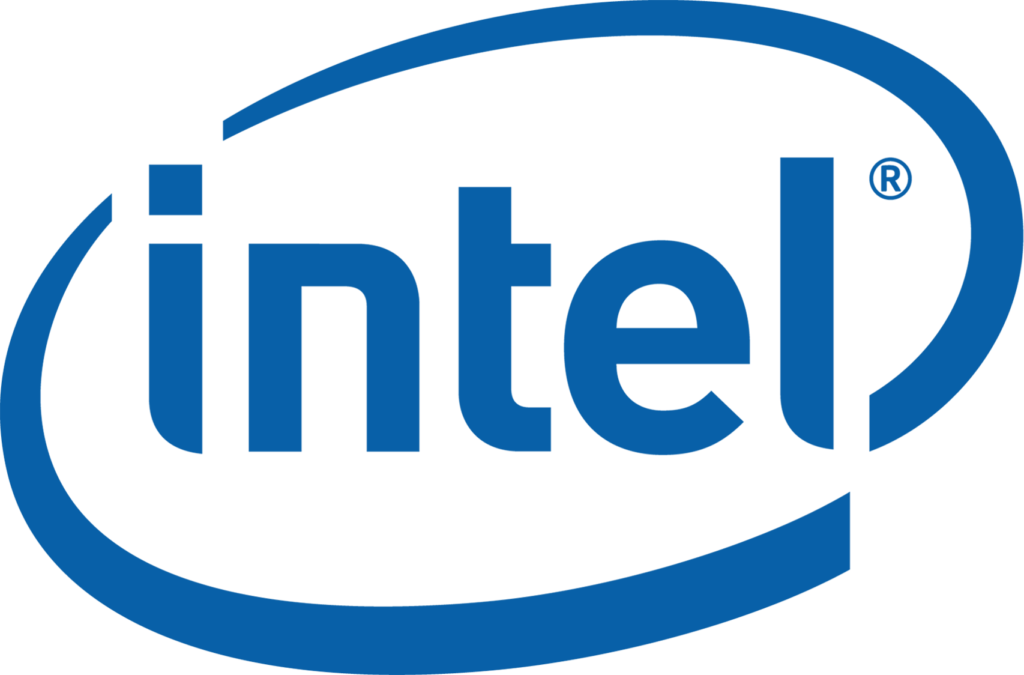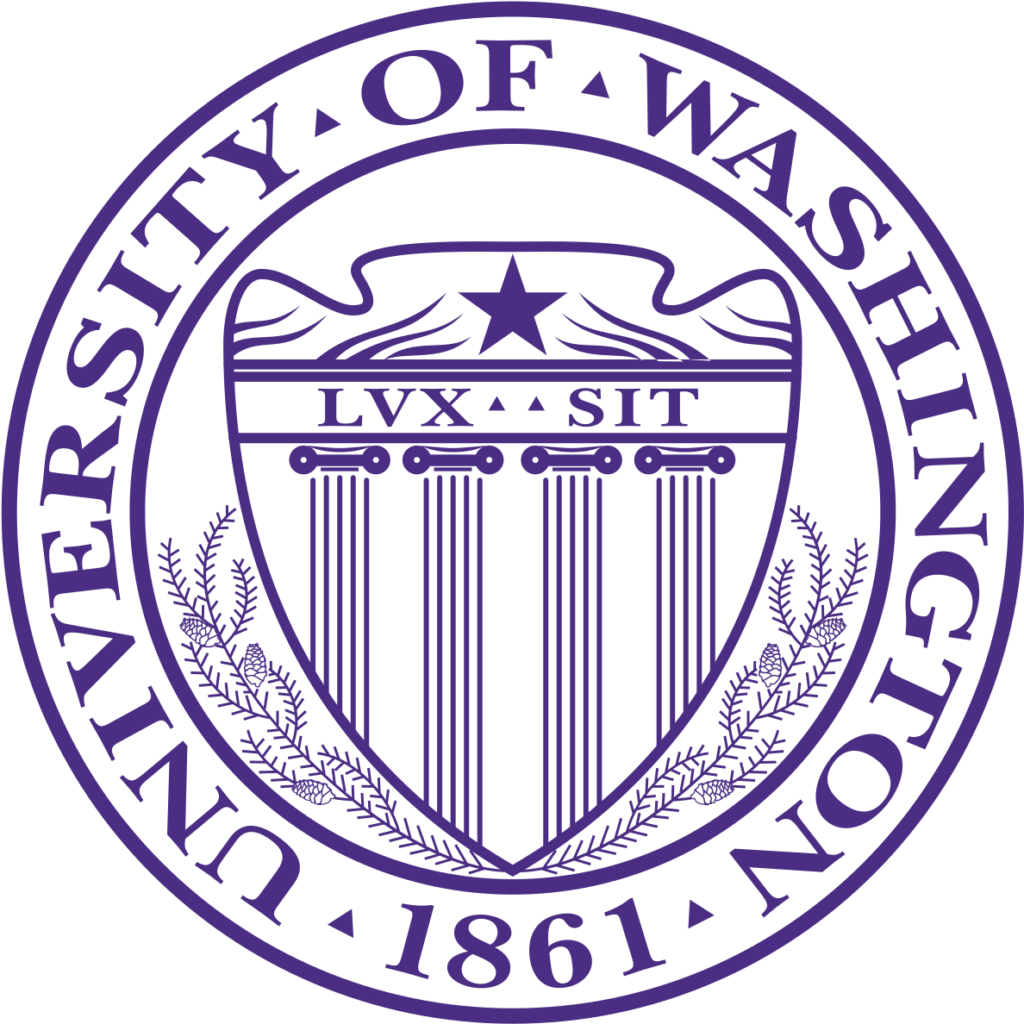Project on Information Technology and Political Islam
The mission of Project on Information Technology and Political Islam was to investigate the ways in which political Islam was evolving over digital media.
This project involved overseas fieldwork, big data analysis, and comparative case studies. The project was active 2006-2014, involved dozens of undergraduates in original research, had multiple funders and several kinds of research outputs and impacts.
Rationale
Since 2009, the project on Information Technology and Political Islam (www.pITPI.org) has investigated the politics of information-communication technology (ICT) infrastructures in Muslim societies, and the civic and political uses of digital media across the Muslim world. Our research is based at the University of Washington’s Department of Communication, and housed at the Center for Communication and Civic Engagement. It is supported by the World Information Access Project, and funded by Intel’s People and Practices Group and the National Science Foundation under awards IIS-0713074, IIS-1144286, and ITR-0326101.
In early 2011, decades of authoritarian rule in a dozen important North African and Middle Eastern countries was aggressively challenged by average citizens empowered and emboldened by digital media. Ben Ali ruled Tunisia for 20 years, and Hosni Mubarak ruled Egypt for 30 years, and yet their most successful challengers were 20-year-olds and 30-year-olds who never experienced open debate and democratic discourse except as mediated online. On the ground, tech-savvy activists and student leaders are actively learning how non-violent civic action has meaningful, sustained political outcomes. Moreover, they are designing new tools and repurposing existing tools in ways unintended by computer scientists and engineers. Large numbers of people with devices on multiple digital platforms are behind these new, discursive practices.
What habits and expectations for political conversation are contemporary Egyptian and Tunisian youth learning by computing socially? How does social-movement-empowered learning occur over distributed networks of users who need to quickly and efficiently understand the advantage and disadvantages, strengths and weaknesses, opportunities and pitfalls of doing social computing in times of political crisis? How do users respond when their technologies result in unexpected outcomes, and present unknown risks? Social computing has become a meaningful term in human-computer interaction (HCI) research, so how might our developed theories in HCI help advance our understanding of political change in an era where access to information is critical?
To address these questions, this interdisciplinary project has drawn from communication studies, information sciences, political science, and Middle East studies to examine events such as the Arab Spring. Never before have such large numbers of users simultaneously brainstormed new norms of participation, leading to such significant political outcomes. These activities rest on the shared practices of producing, sharing, and accessing political information. In important ways, this is possible because of the interactivity and expectations for information access that have been nurtured by the use of mobile and digital media in some of the world’s most repressive political systems. Norms and expectations for accessing political information and civic conversations are critical in these contexts, so we seek to examine information access in the context of political contention.
The project on Information Technology and Political Islam is investigating these new norms of interactivity and expectations for information access as they are being encoded by online civil societies in the Muslim world. Any opinions, findings, and conclusions or recommendations expressed in this material are those of the authors and do not necessarily reflect the views of supporting and sponsoring organizations.






